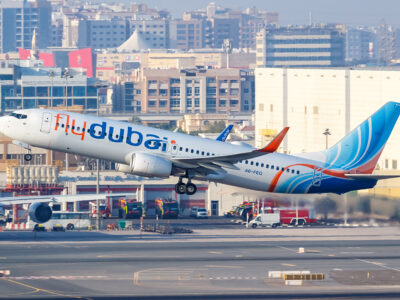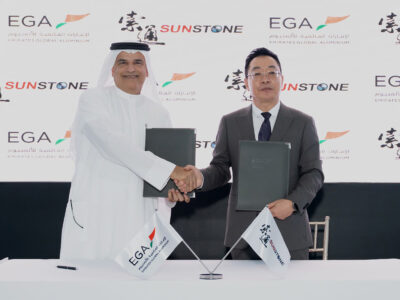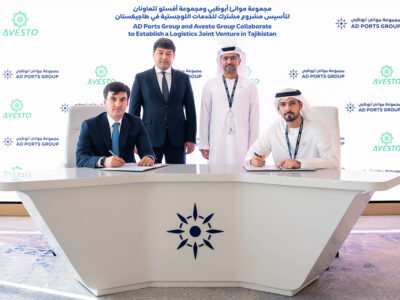Etihad Rail has outlined its strategy to link the cities of the UAE as it begins the second phase of the project, the developer and operator said on Monday.
In a statement, Etihad Rail said that new strategy “includes a set of key pillars that focus on benefiting from a fully developed railway network, providing innovative solutions to support the national wealth and economic diversification in the long term, by linking all major UAE ports.”
“The new strategy reflects the company’s future aspirations to act as a catalyst for economic growth and to provide a safe and reliable means of transportation for future generations,” the statement added.
The announcement comes following the completion of the network design spanning the distance between Ghuweifat and Fujairah.
Significant strides
The second phase of the railway network, which was originally announced as being between Abu Dhabi’s Mussaffah area and Jebel Ali and Khalifa ports was previously put on hold.
However, the latest Etihad Rail statement said that the company has made “significant strides” about an agreement between the UAE Ministry of Finance and the Abu Dhabi Department of Finance to fund the 605 kilometres of the projects second phase.
Additionally, PMC (project management consultancy) and engineering contracts have been awarded for a five-year contract covering the development and the supervision of the railway between Ghuweifat on the Saudi border to port of Fujairah on the UAE’s east coast.
According to Etihad Rail, a five-year engineering contract was awarded to US-based engineering consultancy Jacobs, while the PMC contract was awarded to French multinational Egis through its UAE-based Egis International Project Management & Engineering Consultancy.
The UAE’s national railway network. PMC & Engineering Contracts have been awarded for a five-year contract covering the development and the supervision of this next phase from Ghuweifat on the Saudi border in the west to the UAE’s Port of Fujairah on the east coast.
The first phase of the railway, built to bring sulphur from oil refineries in Al Dhafra to Abu Dhabi, became operational in 2016.




